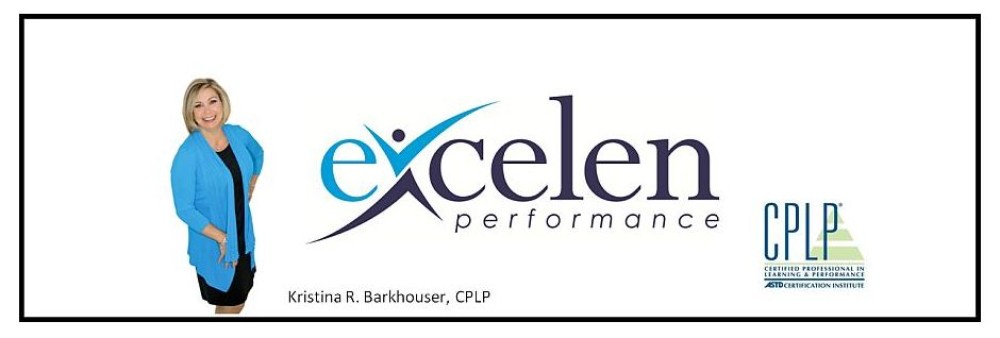There are two kinds of people….those who get things perfect, and those who get things done. Are you a Perfectionist or a “Get ‘R Done” person?
Perfection is difficult to achieve and often isn’t 100% necessary.
For example: Two students have been assigned a project to produce a solar system replica along with a report on the subject. The due date is tomorrow.
The Perfectionist student may get caught up in ensuring that the replica is of the finest materials, accurate colors, most realistic surface, exactly to scale, etc. This can often happen to the detriment of the report, and the due date!
The “Get ‘R Done” student will analyze the grading rubric and determine the replica is only worth 5 points and the must-have elements of the report will carry the most weight. This student will focus on ensuring the report meets the specified criteria and then produce a replica not nearly as perfect, but satisfactory.
The lesson here is that we face these decisions every day in our tasks. Sometimes a task must be perfect, for example brain surgery! However, most of our tasks have the latitude described above.
It’s important to evaluate a task and determine the appropriate amount of effort, double-checking, etc. needed to accomplish the task to the highest quality necessary, within the allotted time frame. Note: “highest quality necessary“, not “highest quality possible”.
Sometimes perfection is more critical than timeliness, and it’s important to know when this condition exists. More often, however, getting the job done is more critical than having it reach an unnecessary level of perfection.
Prioritization and effective time management are dependent upon making these decisions well. Ultimately, weigh the use of your time and energy carefully, and allocate them with proper focus. You’ll accomplish more, and what you accomplish will be done more consistently.
Quote: Besides the noble art of getting things done, there is the noble art of leaving things undone. The wisdom of life consists in the elimination of non-essentials.”
–Lin Yutang,
Chinese writer, translator, linguist and inventor
